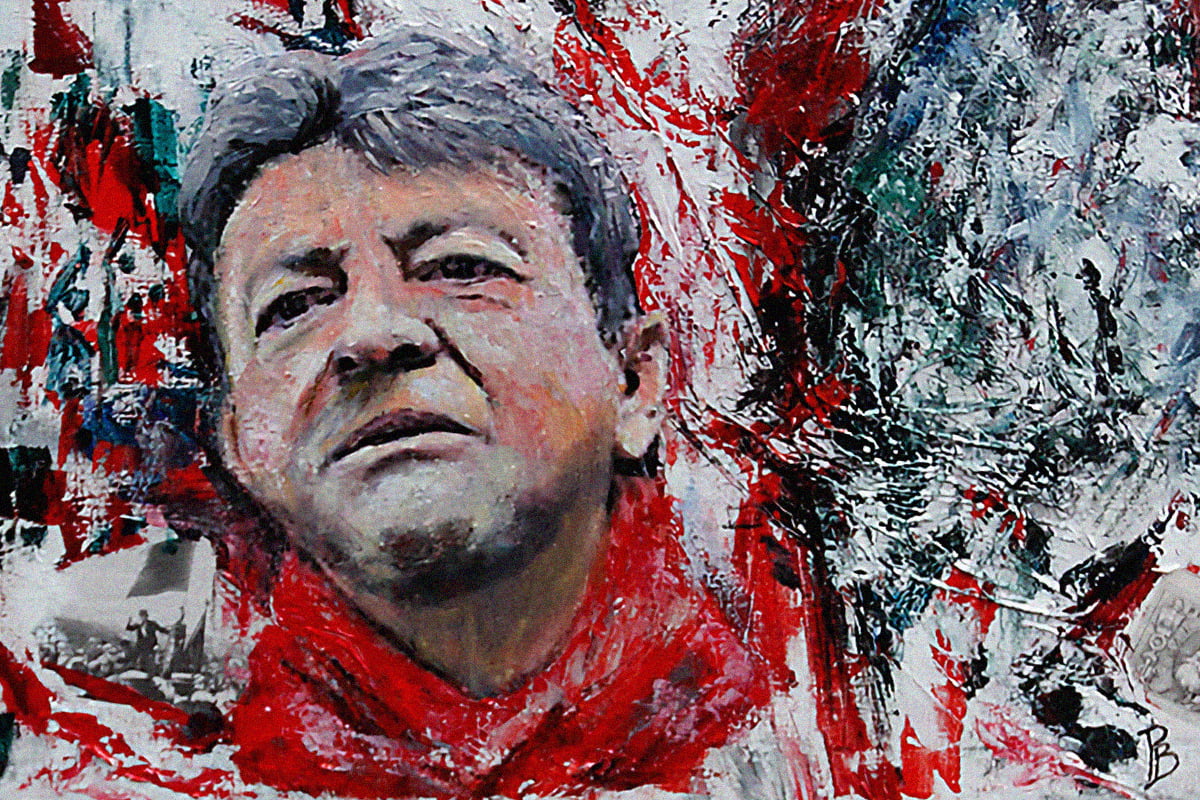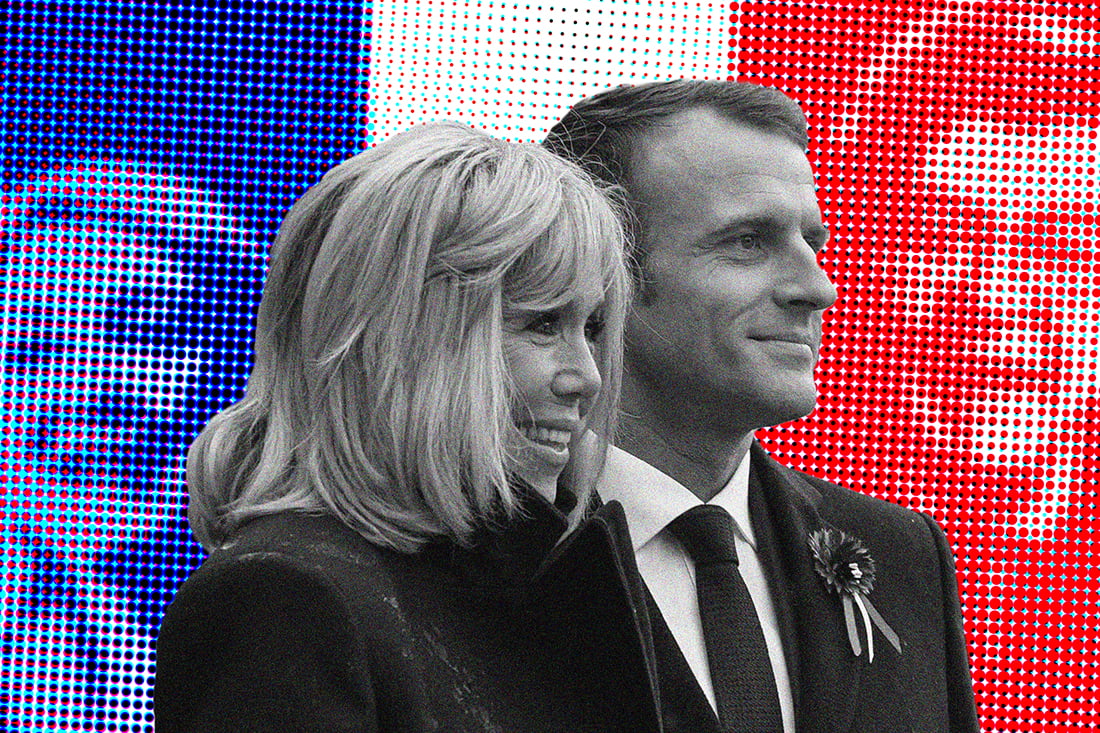The European elections in France swept away the parliamentary house of cards on which Macron’s government rested. The polls were a clear debacle for the government.
Against a backdrop of massive abstention, the right-wing National Rally (RN) list received 31.5 percent of the votes, compared to less than half that for Macron’s list (14.6 percent).
Exposed to the high risk of a no confidence vote, Macron preferred to take the lead and announce the dissolution of the National Assembly, in which he has not had an absolute majority since June 2022, triggering snap legislative elections.
The first round will be held in three weeks. One thing seems certain: this election will result in a further drop in the number of Macronist deputies in the Assembly.
It is difficult to see what could reverse the dynamic highlighted by the following figures: during the 2019 European elections, Macron’s party received 5.1 million votes; this time, he only collected 3.6 million.
The traditional right-wing bourgeois party, the Republicans, has ruled out any alliance with Macron’s government. If he survives, Macron will be in an even smaller minority in the National Assembly.
The resulting enormous uncertainty – and the possibility of an even-more fractured National Assembly – is a new expression of the deep crisis of the regime faced by French capitalism.
Right in strong position
Three weeks before the first round, Marine Le Pen from National Rally and her clique of arch-reactionary demagogues are in a position of strength. This is a consequence of the betrayals, compromises and capitulations of the leaders of the official ‘left’ over many years.
This is particularly true of the leaders of the Socialist Party (PS), the Communist Party (PCF) and the Greens, who have been in power several times since 1981 – and who have systematically betrayed the aspirations of the popular electorate.
That said, the leadership of France Insoumise (LFI) is also responsible for the current situation, to a certain extent. The constitution of the Nupes (the bloc LFI leads in the assembly) in May 2022 marked the clearest turn to the right by LFI since its creation in 2016.
This ‘union’ of the LFI with the PS, the PCF, and the Greens was a predictable fiasco. It could not arouse any enthusiasm among the most exploited and oppressed sections of the population. As we explained at the time, the constitution of the Nupes could only benefit the National Rally.
With 9.9 percent of the votes, the LFI list achieved a better score than during the 2019 European elections (6.4 percent). This progress can undoubtedly be attributed to the firm support of the leaders of LFI for the Palestinian people, despite the insults and slanders poured on them since 7 October (false allegations of ‘antisemitism’, etc.).
However, the 2.45 million votes collected by Manon Aubry’s LFI list represent less than a third of the 7.7 million votes cast for Mélenchon’s candidacy in April 2022. Furthermore, while the list of LFI gained one million votes compared to the 2019 elections, the RN list advanced by 2.4 million votes.
Crisis of the left
The possibility of an electoral victory for the RN on 7 July arouses the fear and anger of millions of young people and workers.
Is the victory of the RN inevitable?
No, but it will not be a new version of the Nupes, cobbled together urgently in backroom deals, which will make it possible to break the momentum of the RN. Instead, LFI will have to mobilise millions of exploited and oppressed people, who would otherwise abstain or are tempted by the extreme right.

Over the past two years, the leaders of the PS, the PCF, and the Greens have spent all their time hammering the LFI with right-wing criticism. For example, they dramatically broke up the Nupes to protest LFI’s support for the Palestinian people.
All this has not gone unnoticed by the mass of the population. From now on, a new ‘union of the left’ would be considered by millions of young people and radicalised workers as a hypocritical, contradictory, and purely electoral formation – and rightly so.
With 13.8 percent of the vote, the candidate of the Socialist Party, Raphaël Glucksmann, claims a central place ‘on the left’. But this is a bad joke, because Glucksmann ran an openly pro-capitalist and pro-imperialist campaign.
The SP list only came ahead of that of LFI because it has syphoned off petty-bourgeois voters from the Macronists and the Greens.
As for the PCF (2.4 percent) and the Greens (5.5 percent), they have reaped the price for their extreme moderation – and their right-wing attacks against Mélenchon and his comrades over the past two years.
Mobilise the workers and youth to halt Le Pen!
In the end, the political equation for these coming weeks is quite simple.
To stop the advance of the RN, the leadership of LFI will have to move clearly to the left, and mobilise youth and workers on a radical programme through an anti-capitalist struggle, including massive demonstrations. Any other strategy will benefit Le Pen.






